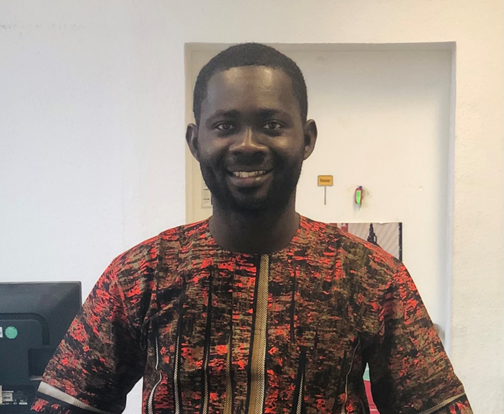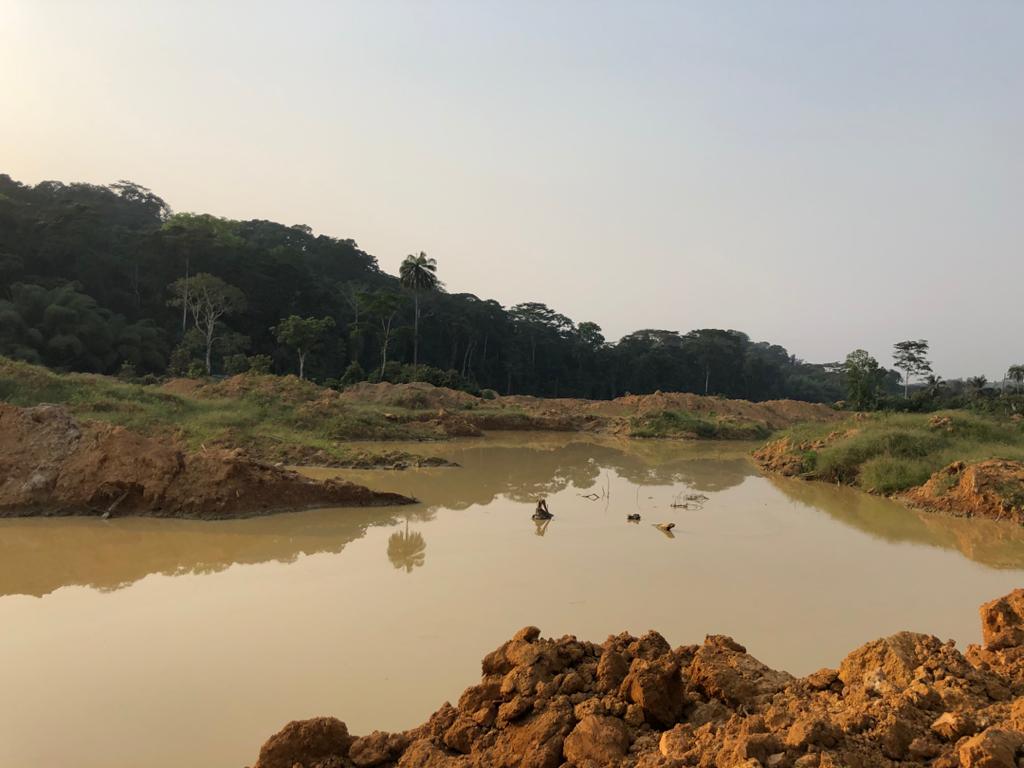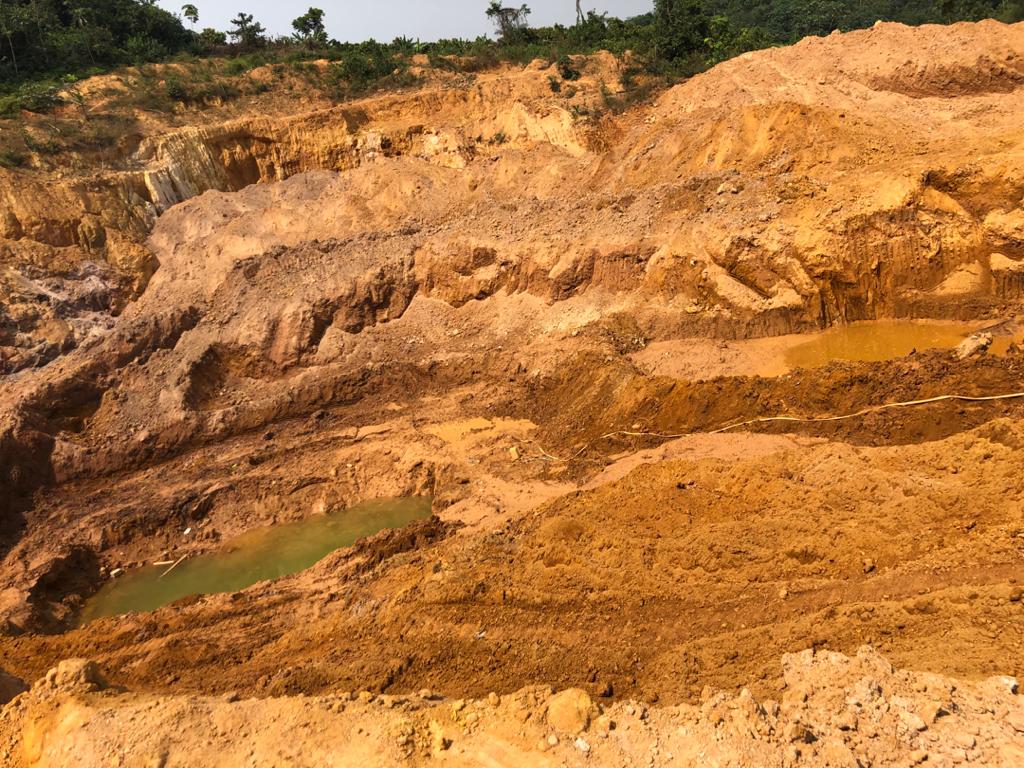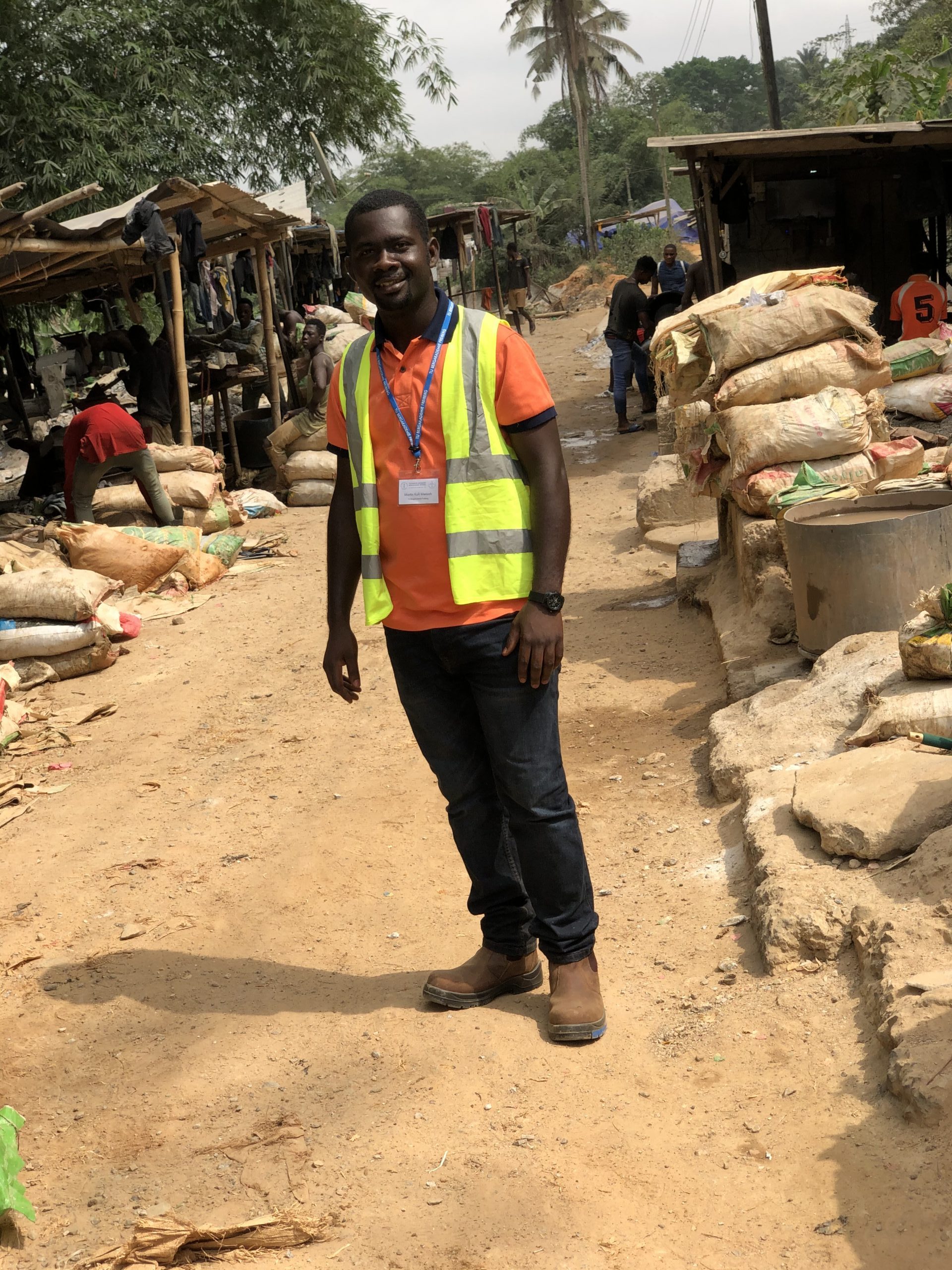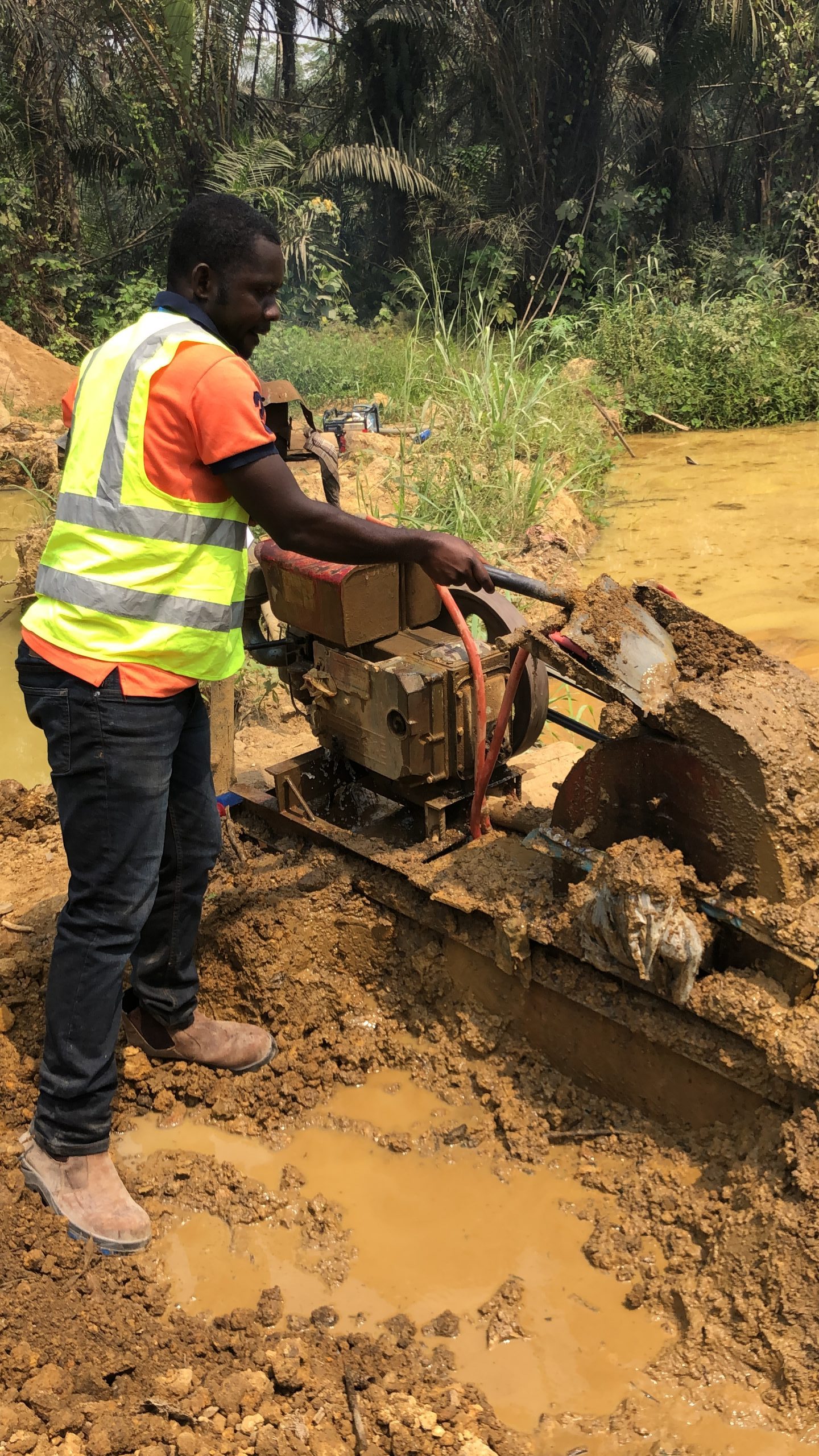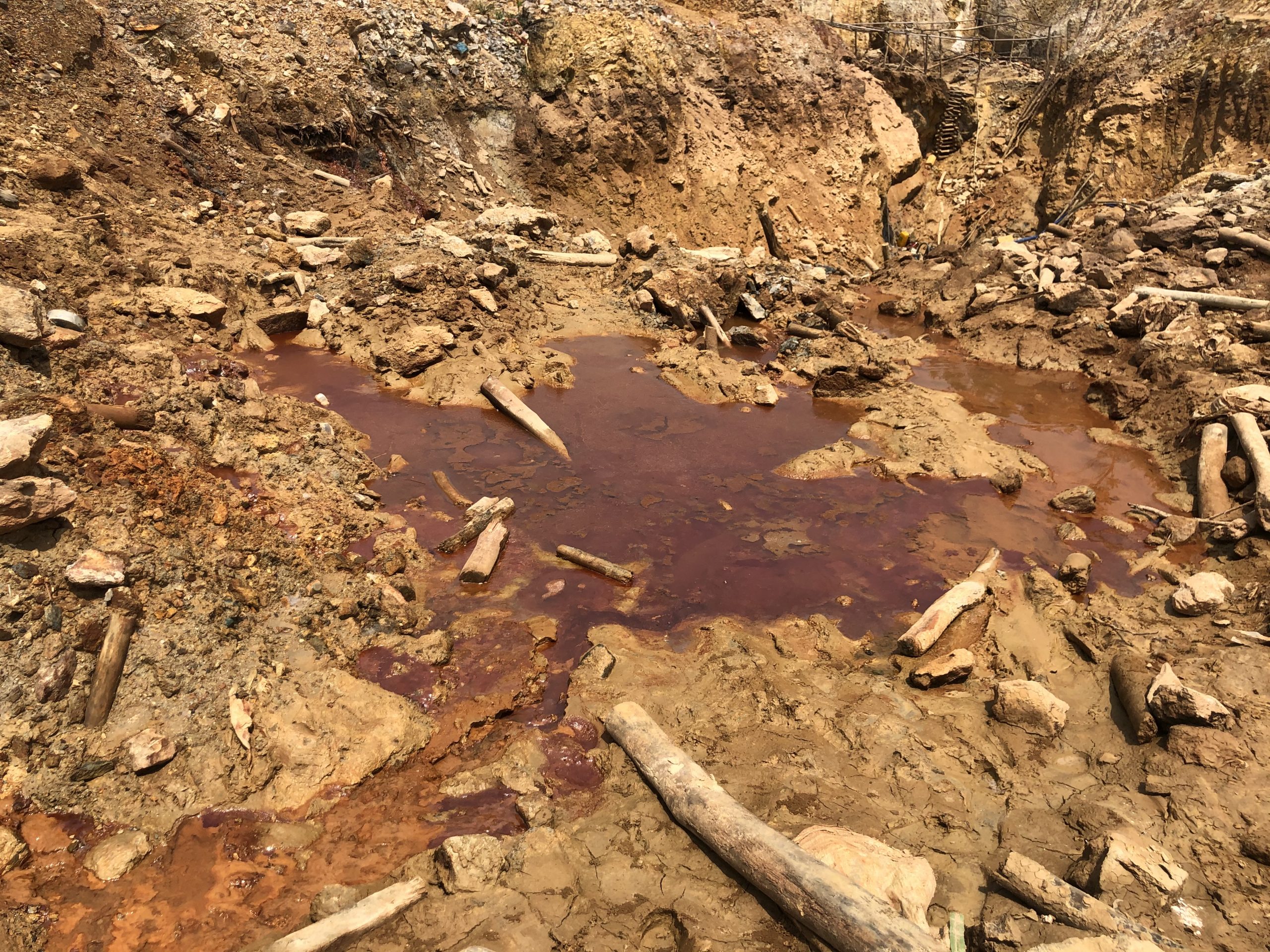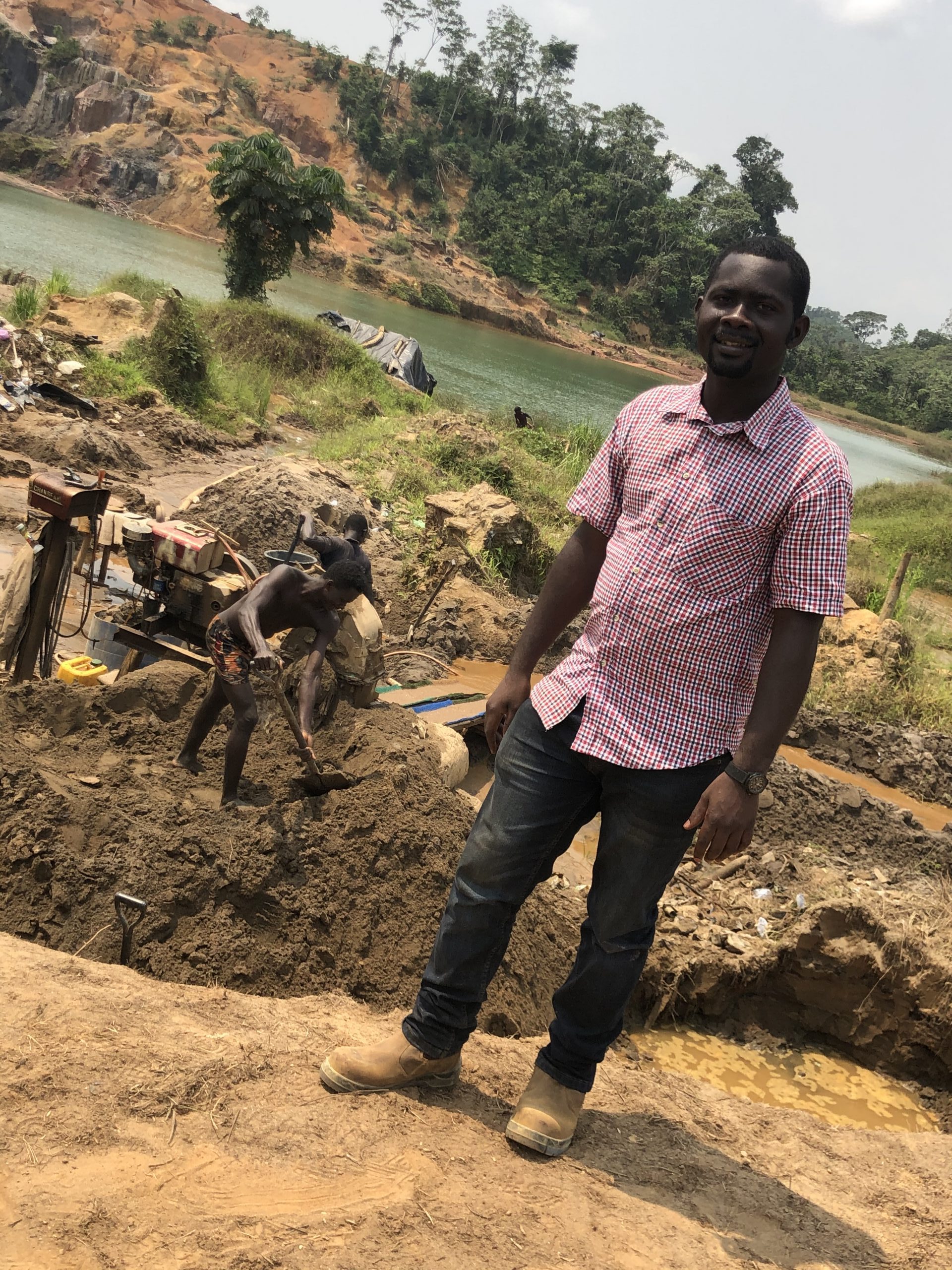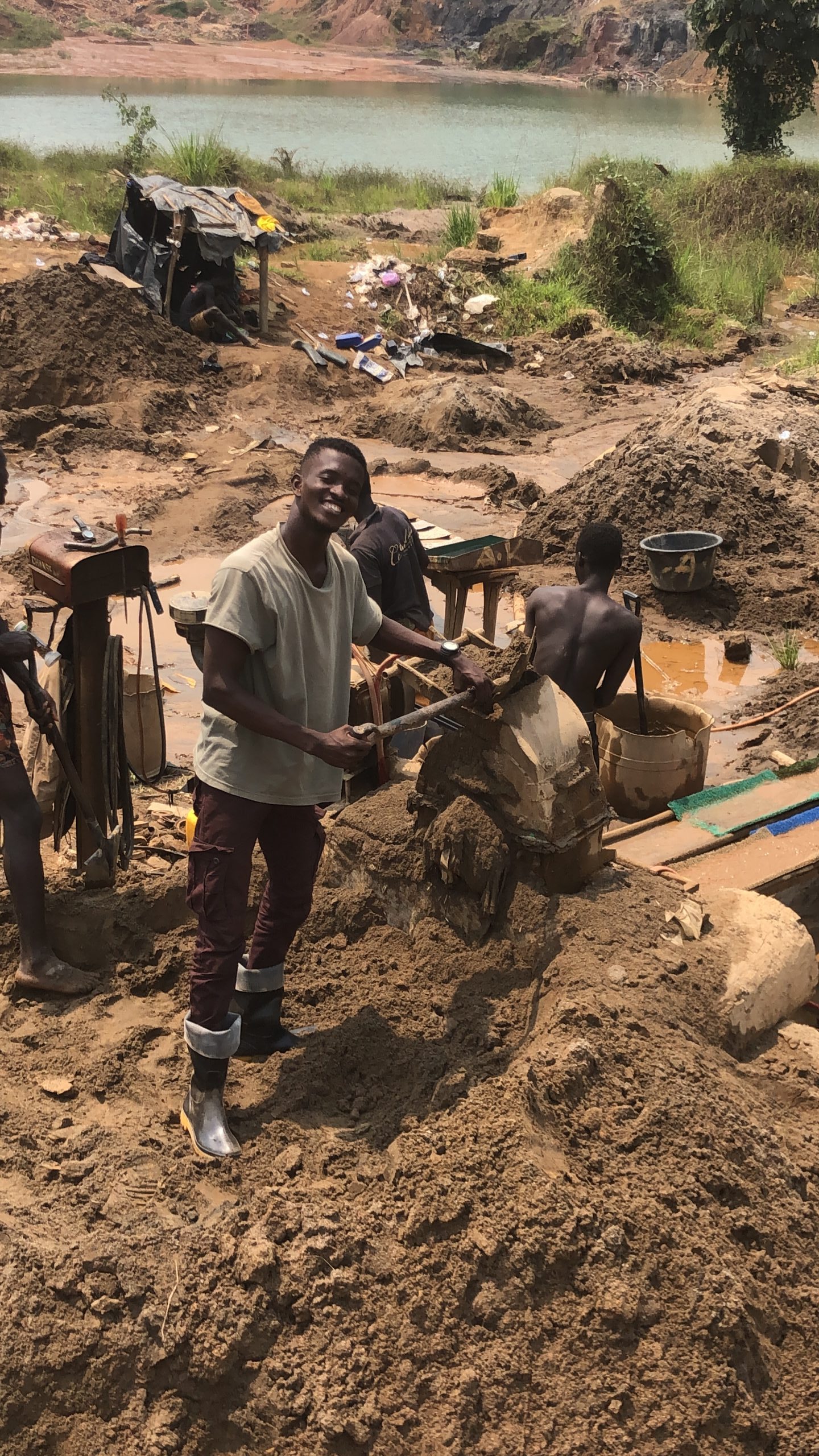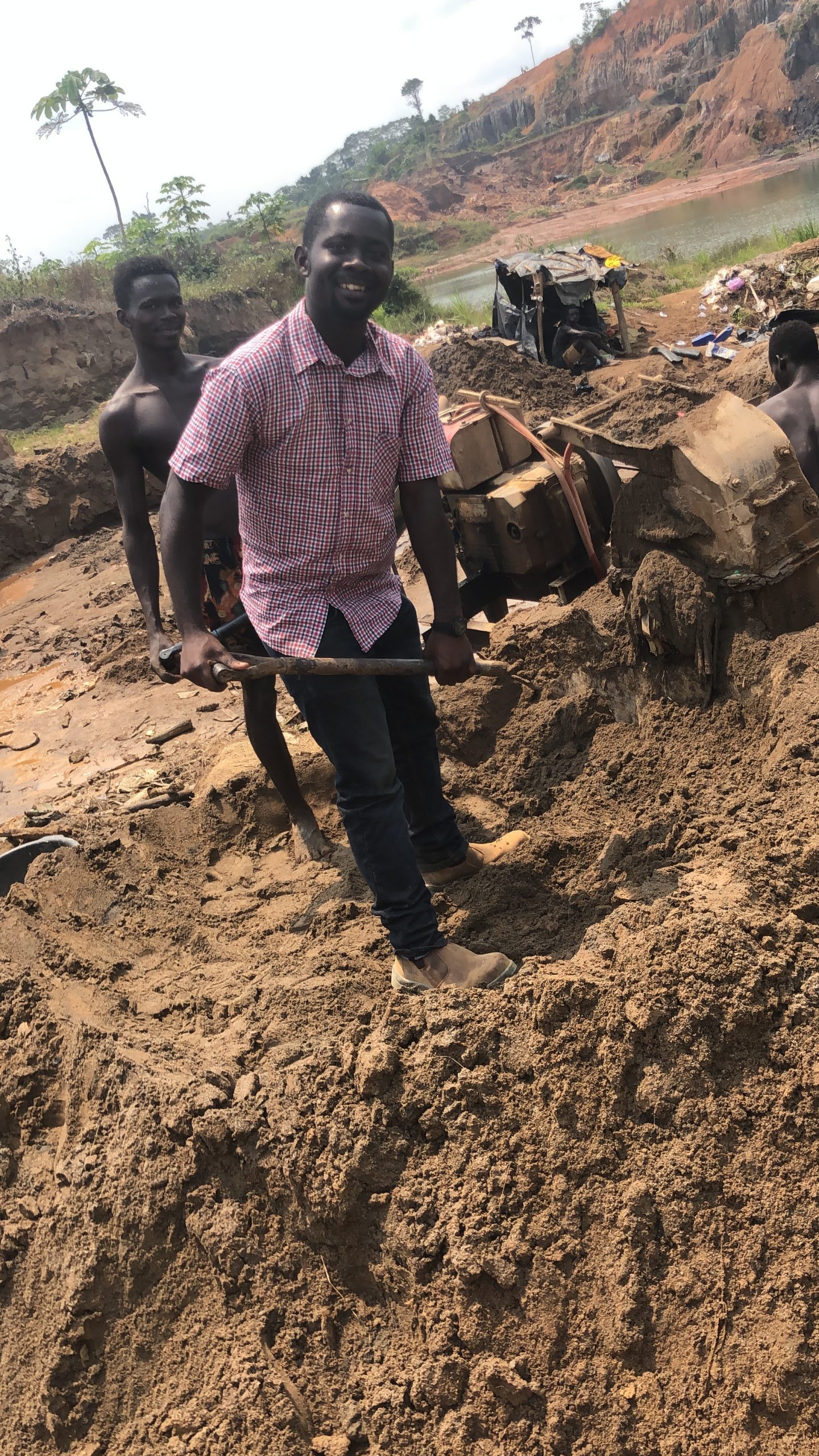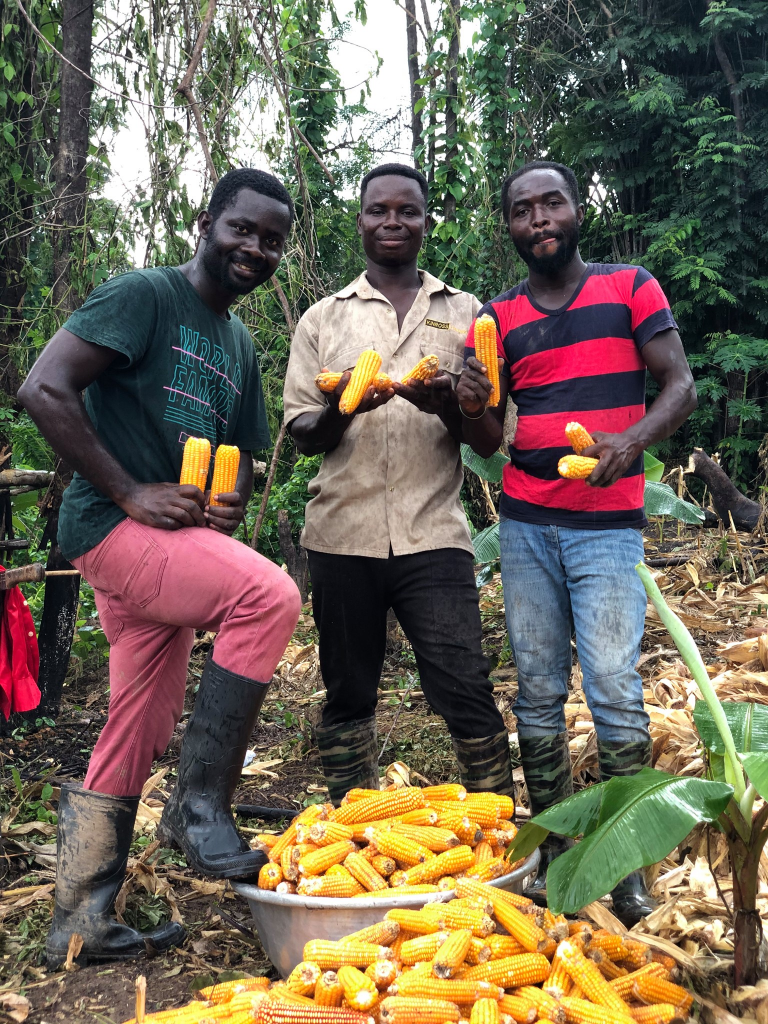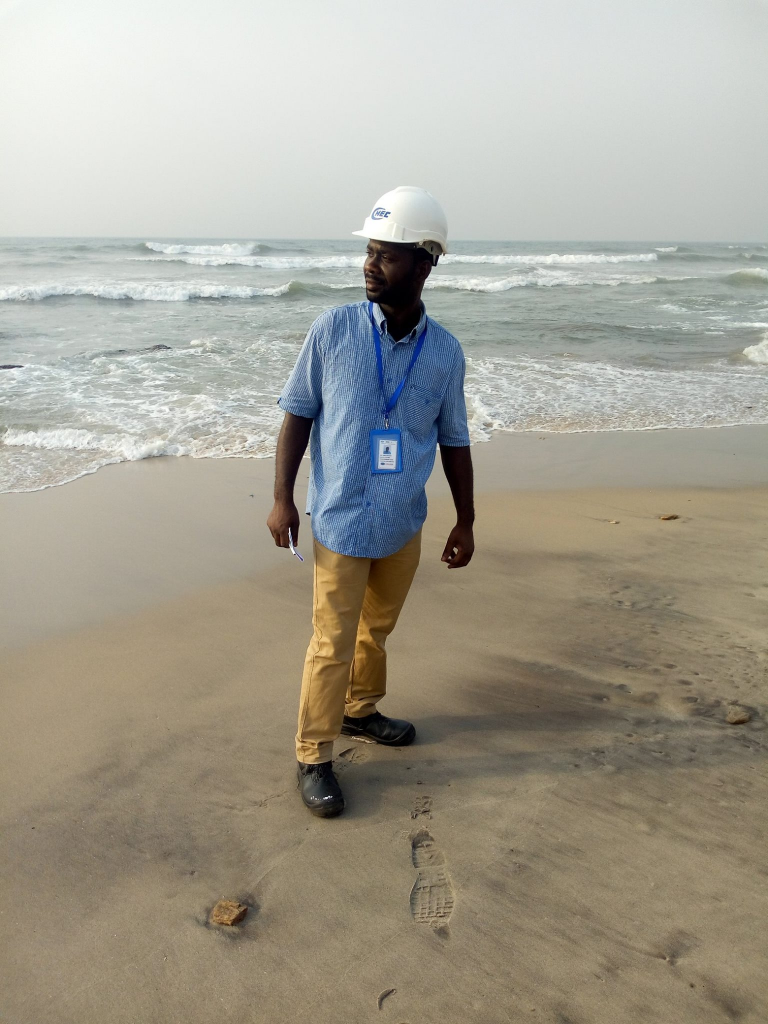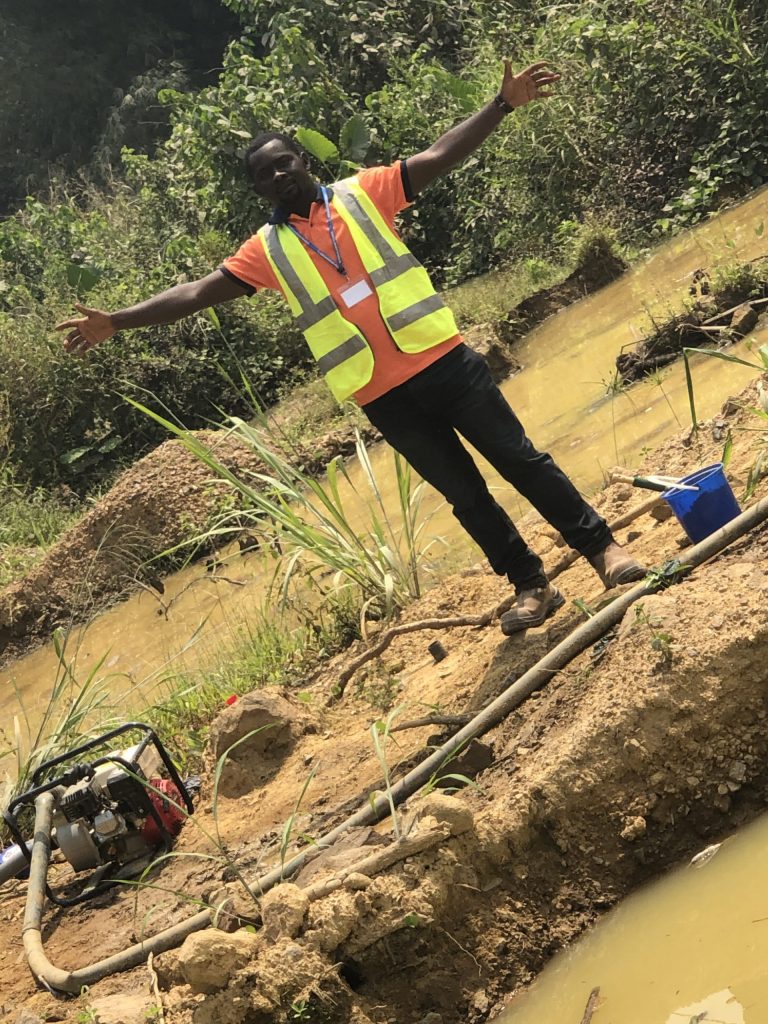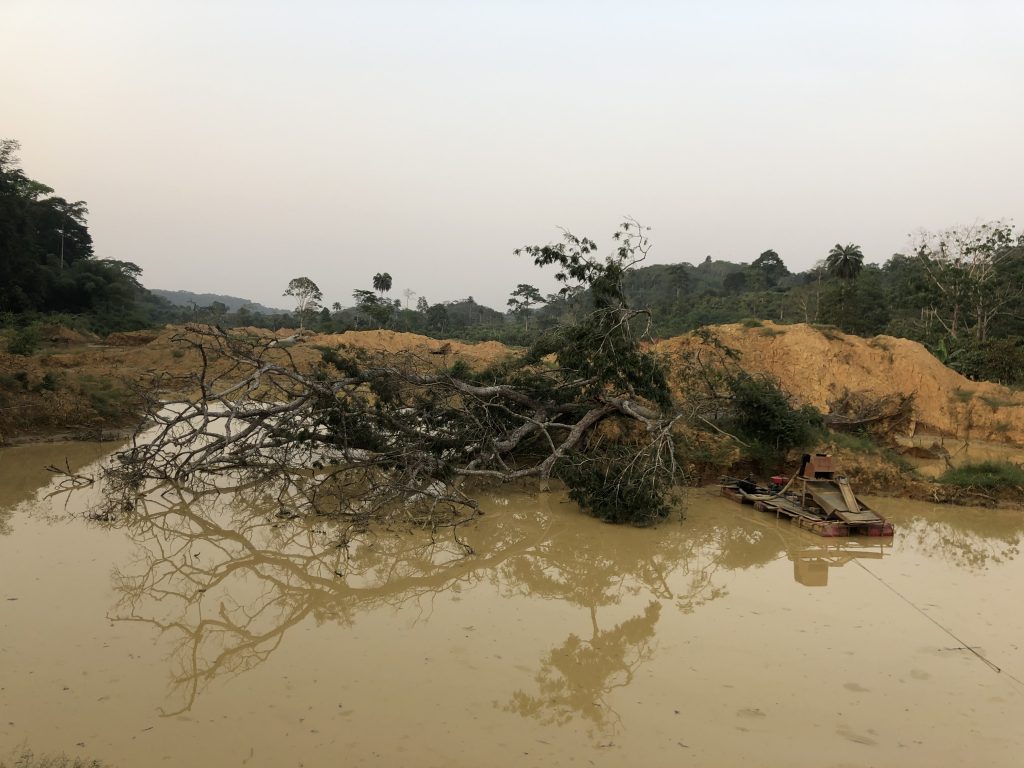by Martin Mensah
Company Name: The International Centre for Sustainable Environment Promotion, Ghana.
Mission: We are a not-for-profit organisation with a key interest in sustainable development promotion. We assemble a competent team of professionals (Researchers, Community Development Experts, Practitioners) and indigenous communities, and harness them in solving basic human and environmental problems in society.
Vision: We aim to put research into action in our pursuance of achieving well-being for Ghanaians.
Motto: Creating a sustainable future together
Priority Focus Areas
Our target sectors of focus include Climate Change Mitigation, Circular Economy Promotion, Sustainable Raw materials Extraction, Sustainable Community Development, Sustainable Agriculture, Air and Water Quality Promotion, Sustainable Waste Management Promotion, Sustainable land use promotion, Tourism Promotion, Rural Livelihood Improvement Promotion, clean energy promotion and Sustainable business and career developments
Prospective Partners
- University of Mines and Technology, Ghana (UMaT).
- Freiberg Technical University of Mining, Germany.
- Kwame Nkrumah University of Science and Technology, Ghana.
- Agencies of the European Union
- Existing relevant NGO in Environmental sustainability
- The Ministry of Environment Science and Technology, Ghana.
- The Ministry of Lands and Natural Resources, Ghana
What project idea did you generate or nurture during your time in the EMPOWER program?
Ghana is an agrarian country that still suffers from post-harvest losses. Additionally, there exist less value addition or use of viable farm wastes due to lack of know-how and sheer unfamiliarity. The plantain, a staple and popular food in most Ghanaian homes are averagely produced at 11 M tons per annum. However, the edible part makes up less than 20 % in dry matter weight of the whole plant. The remaining which contains fibre is generally treated as farm waste. However, some individuals who rear livestock can use them as feedstock though, a highly insignificant population. This means about over 38.5 M tons of potential resources are treated as wastes annually even though, they add fertilizers to the soils. Through Empower, we have appraised the usefulness of these farm waste as viable resources and enhanced them as sustainable alternative uses. Specifically, by turning the fibres into paper products, ropes, sanitary materials, bags, fabrics and in furniture making. Also, biogas can be generated from these unapprised wastes. By doing these, rural communities get to diversify their income sources, reduce the over-dependence on trees in the paper furniture industries, promote circular economies and reduce climate change effects. These shall be achieved through skills training and connecting participants to potential market outlets. The sequel of this initiative will be to produce of more foods, reduction in rural-urban migration, creation of sustainable jobs in farming communities and an enhanced livelihood improvement.
What lasting memories do you associate with your time in the EMPOWER program?
Everything about EMPOWER was great and significant. Many thanks to the program coordinators Dr. Wopat and Dr. Okwor. Additionally, participating in EMPOWER has equipped me with skills in identifying and triaging root causes of developmental problems in society. And to tackle them using the powerful ‘How Might I..’ tool. This tool has made ‘‘me, myself and I’’ take many responsibilities than pointing hands at authorities when a problem is identified. Other training in stakeholder identifications especially, those who benefit from a problem were eye-opening opportunities for me and have expatiated my logical approaches solution development. The many other series of efficient project management and conflict resolutions training were moments to behold forever. I personally wish at least all PhD students of the University could undertake such a career development program to advance and/ or complement their future endeavours.
What is the current status of your EMPOWER project?
Our project is a community-based development program. Currently, strategic local partners and volunteers have been identified/ formed. Thirty-two strategic communities, consisting of 86 micro-communities (villages) and a total of 192 prospective farmer groups, youth and women groups have been identified/formed in the Western North Region of Ghana. The project shall be implemented progressively and later extended to 6 more prospective regions in Ghana. The economic feasibility studies of our various packages are underway. We have profiled our project under a non-profit organisation to cater for future related ideas dubbed ‘‘The International Centre for Sustainable Development Promotion”.
We have built/building the following structure:
- Company Name: The International Centre for Sustainable Development Promotion-Ghana.
- Prospective Team:
- Board of Directors: Prof. Newtown Amegbeg, and Stephen Mensah.
- Executive Director: Martin K. Mensah
- Research and project coordination: Oppong Kyekyeku, Ing. Meschack Tei, Victoria Leba-Kamanya, Albert K. Mensah, Baffour Ntirikwa.
- Community Relations, Training and Gender Affairs: The Kmens Group, Lydia Konlan, Danquah Ama Kwayie, and Pious Asante.
- Prospective Partners:
- University of Mines and Technology, Ghana (UMaT).
- Freiberg Technical University of Mining, Germany.
- Kwame Nkrumah University of Science and Technology, Ghana.
- Agencies of the EU (GIZ, Netherland Embassy, EIT).
- The Ministry of Environment Science and Technology, Ghana.
- The Ministry of Lands and Natural Resources, Ghana.
What is the next phase of your project?
The nature of our project is one that requires vigorous research, especially in the physical and laboratory strength of materials. Also, preparations are advanced to get the organisation registered under the Registrar General’s Department in Ghana. More studies are required for overall project feasibility.
What internal and external contacts did you build throughout your time in the EMPOWER program?
I did not know about the participants of EMPOWER program beforehand, so I had no clue what to expect. Later, their diverse academic, cultural, and international backgrounds made them a powerful network conglomerate to strongly uphold. Other international development experts and organisations have been engaged for auxiliary business coaching, promotion, partnerships, and prospective financing.
What is your motivation for joining this EMPOWER project?
The focus of the program was to foster good governance and leadership in developing nations. As a promoter of sustainable development, the EMPOWER program directly fell within my career development plan – A key driving force to participating. I feel enhanced towards my future aspirations.
Will you tell us your life motto at the end?
I have a vision to give my best to help people with limited life opportunities. This has made my career phrase “creating a sustainable future together through empowerment”.
Which elements of EMPOWER training do you find most helpful?
I feel all elements either depended on or related to each other, offered vital capacity-building segments across the board.
